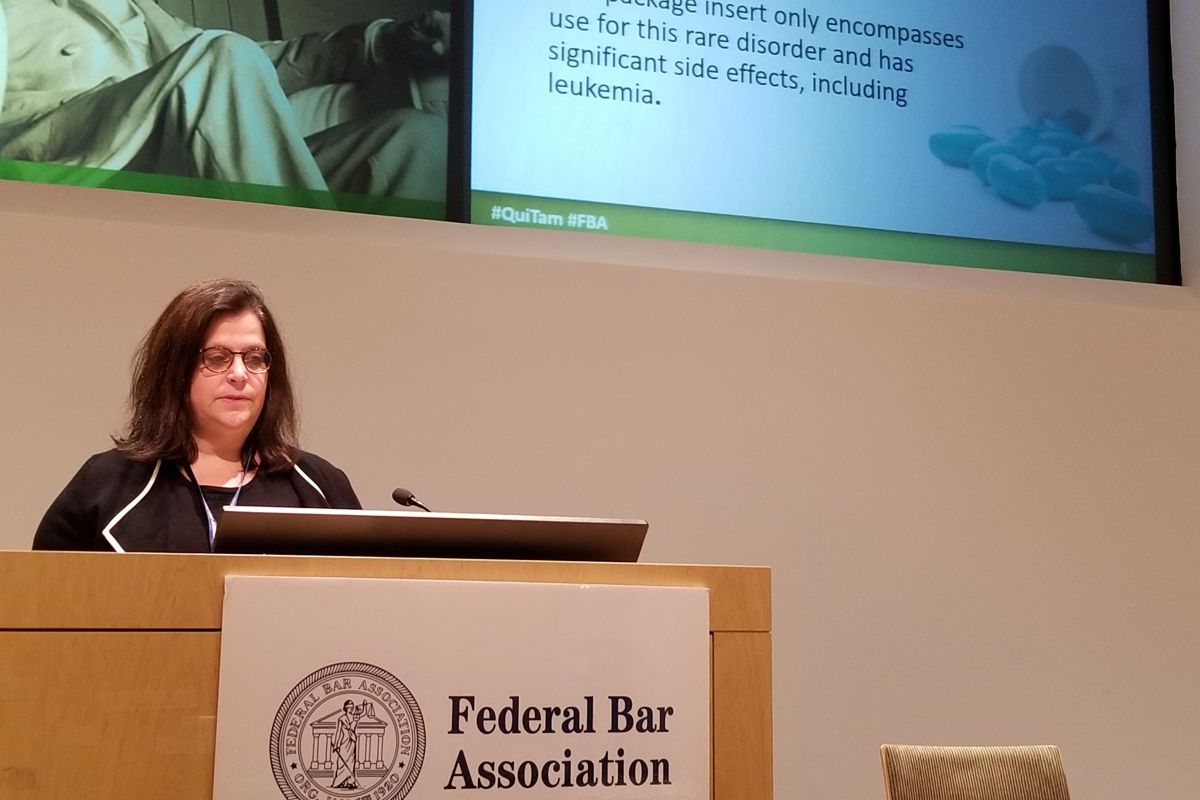Sometime ago, a law student asked me whether law school adequately prepares students for the practice of law.
It seems that students study law and lawyers study fact patterns with an eye toward applying the law. The difference can be traced to the origin of the task: the law professor assigns a case to read presumably with a focus on teaching a rule of law, while the client presents a set of facts to which a lawyer must apply a rule of law.
Stick around long enough and the facts turn into repetitive patterns and the practice of law becomes a study in human nature, mistakes, challenges and ethical dilemmas. At some point the youngster carrying the casebook becomes a meld of psychologist and sociologist, a witness to the flaws, successes and conduct of government, private institutions, and people. Here are some observations:
In large corporations and those that run them, greed in its varying forms is a constant. It manifests itself in efforts to push the boundaries of the law, a calculation of the risk of being caught and, if caught, a colourable argument as to why the conduct fits within some loophole in the law. The argument need not necessarily be a logical extension of legal doctrine; it need only pose a hurdle for prosecutors, a bargaining chip if you will. Of course, ‘loophole’ is really a term used by non-lawyers to describe the law’s inability to clearly address fundamentally reprehensible conduct.
As for clients and witnesses, they seem to relish the comfort of being part of institutions. Our dog has the same level of comfort when she runs in to her dog house, where she’s protected on three sides. Yet, unlike the dog house, an institution can provide a false sense of comfort, as was the case with Enron, Tyco, and WorldCom. Employees who now face being laid-off at Turing Pharmaceutical are learning this lesson the hard way.
Institutions – as in large corporations – can also be manipulative. Think of the pharmaceutical sales representative who is unwittingly tasked with marketing drugs for unapproved purposes or the doctor who is flattered when paid to speak on behalf of a drug company, perhaps without being aware that the company is monitoring his or her prescription writing patterns and conducting return on investment analysis. Why question wrongdoing when a corporation has an internal compliance program? Surely anything bad would have been detected and abated? Not quite. Compliance programs exist in part to convince those within the institution that impropriety is not possible. The need to be accepted by the institution can also be a tide pushing against the questioning of impropriety, even when that impropriety is harmful to the employee. Think of the worker victimised by sexual harassment who continues to laud the employer. Think also of the employer tasking the marketing department to record a victimised employee’s promotion of the company as an evidentiary hedge against a potential claim.
Practice long enough and one learns that there is, as they say, always an elephant in the room. In Friedrichs v. California Teachers Association, the United States Supreme Court will soon determine whether the First Amendment is violated when employees are compelled to pay ‘agency fees’ to a public employee labour union. Yet, is this case really about the First Amendment, or curtailing the power of unions? Are cases compelling arbitration really about judicial efficiency, or protecting powerful business from public exposure for acts that impinge on safety and health? Think about it carefully and what may come into focus is the use of procedural rulings to impact substantive rights.
All of this is to say that the application and interpretation of law has context. Facts do matter and – to some degree – the application of law without regard to context is an exercise in futility. Of course, a legal education is the starting point to reach this conclusion. It just takes time.
Reuben Guttman is a trial lawyer and founding partner at Washington, DC-based firm Guttman, Buschner & Brooks.

